Publications
Articles, publications, books, tools and multimedia features from the U.S. Institute of Peace provide the latest news, analysis, research findings, practitioner guides and reports, all related to the conflict zones and issues that are at the center of the Institute’s work to prevent and reduce violent conflict.
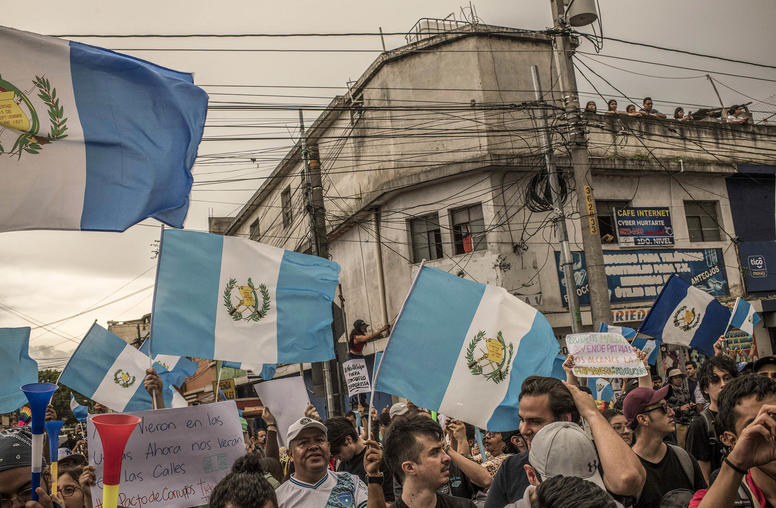
Sometimes the Good Guys Win: Guatemala’s Shocking 2023 Election
Guatemala’s 2023 elections were a turning point for the country. Despite a playing field tilted to favor the governing elite, voters elected Bernardo Arévalo, whose Semilla (“Seed”) Movement promised to break the country’s cycles of corruption, restoring democracy and the rule of law. Success was — and remains — far from inevitable. The kleptocracy pushed back hard, using their control of the public prosecutors’ office to open spurious investigations and pursue unsupported claims of electoral fraud.
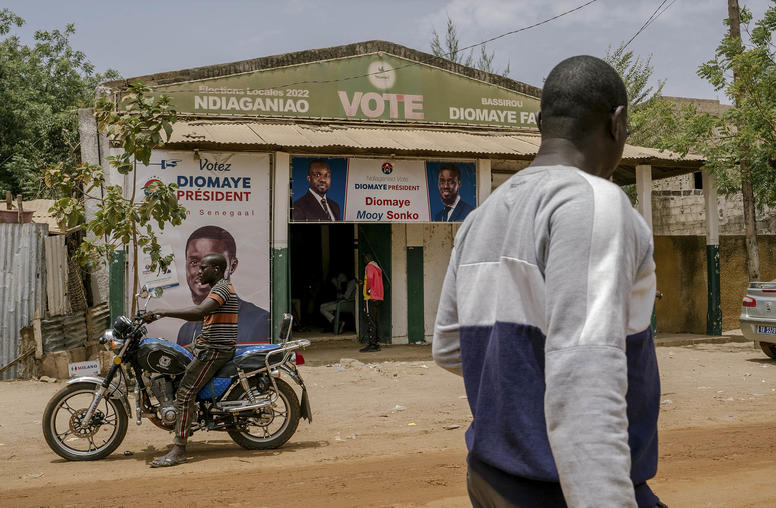
Senegal just saved its democracy. That helps all West Africa.
Senegal’s dramatic transfer of presidential power this week highlights that West Africa, routinely seen as a zone of democratic erosion and failure, includes an arc of resilient coastal democracies — from Senegal to Liberia, Ghana and Nigeria. The Senegalese people’s resolute reversal of last month’s constitutional crisis shows that U.S. and international efforts to counter violent extremism and military coups can reinforce a potent West African democratic constituency. Vital next steps include these: supporting Senegal’s democratic forces in shifting from “campaign mode” to inclusive governance; promoting economic investment to bolster youth employment and rule-of-law reforms; and energizing a West African democratic alliance against extremism and coups.
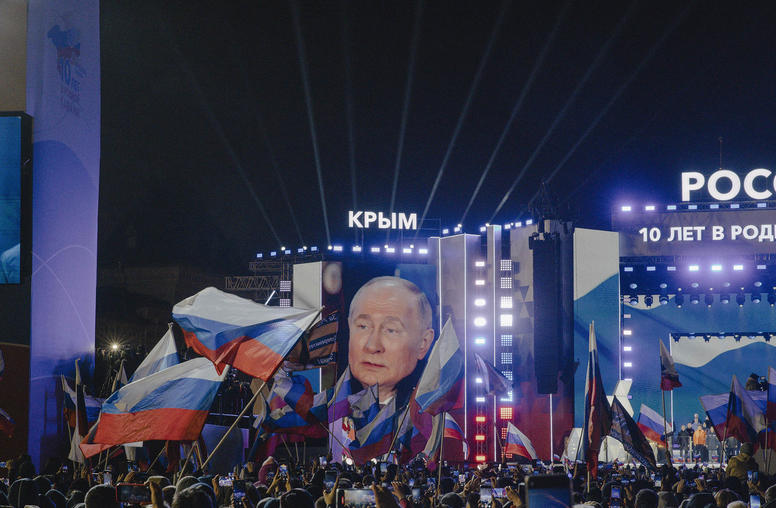
Putin’s Next Term: More Repression in Russia, Aggression in Ukraine
Vladimir Putin views his election for a fifth term as president as a plebiscite to cement his legitimacy as a great wartime leader leading an existential fight to save Russia from Ukrainian “Nazis” and from Western threats to Russia’s very existence as a great power and a unique civilization.
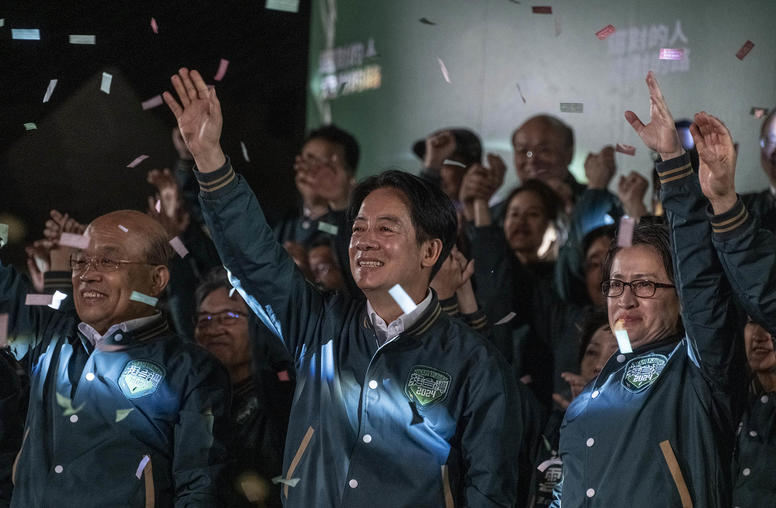
After Taiwan’s Election, China Is Now Ratcheting Up the Pressure
Beijing is intensifying its pressure on Taiwan’s freshly elected president, William Lai Ching-te. Instead of relying on conventional military or economic pressures, however, Beijing has employed multifaceted tools of coercion to demonstrate disapproval of the January election results. Although China is carefully calibrating its behavior to avoid provoking Taipei or the United States, Beijing’s efforts to gradually change the status quo and erase the traditional boundaries between Taiwan and China could lead to escalated tensions and unintentional conflict.
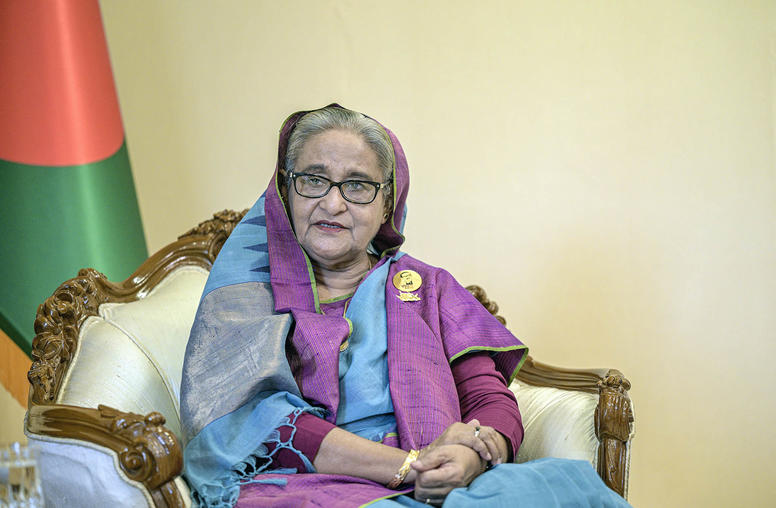
A Perilous Moment for Bangladesh’s Democracy
Bangladesh’s parliamentary elections in January cemented the country’s transition to a “dominant-party” political system. Aided by an opposition boycott on Election Day, the Awami League (AL) extended its 15 years in power with another five-year term, which will soon make Bangladesh’s prime minister, Sheikh Hasina, the world’s longest continuously serving female head of government in contemporary history. But political dominance comes with risk. Around the world, dominant-party systems often develop common maladies that harm the country’s governance. Ensuring competition across politics, government and the economy can forestall these problems.
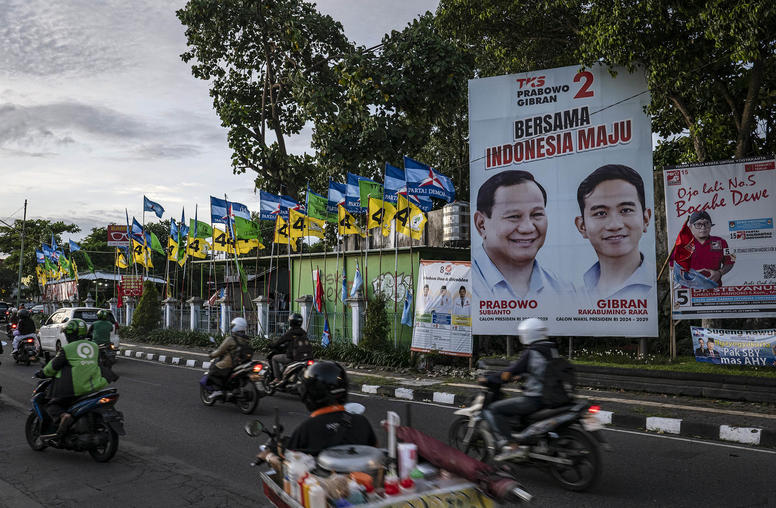
How Might Prabowo Navigate Conflict, Competition as Indonesia’s President?
Indonesia’s defense minister, Prabowo Subianto, is set to become the next president of the world’s fourth-largest country and third-largest democracy. Prabowo will take the reins of power at a tense moment for regional and global security and as president will have to contend with a persistent, low-grade conflict in West Papua. Continuity will likely hold sway as prevailing winds in Indonesia’s foreign policy chart a well-worn course for navigating geopolitical competition and global conflicts, this time with what appears to be a willing captain at the helm.

Understanding Pakistan’s Election Results
Days after Pakistan’s February 8 general election, the Election Commission of Pakistan released the official results confirming a major political upset. Contrary to what most political pundits and observers had predicted, independents aligned with former Prime Minister Imran Khan’s Pakistan Tehreek-e-Insaf (PTI) won the most seats at the national level, followed by former Prime Minister Nawaz Sharif’s Pakistan Muslim League-Nawaz (PML-N), the Pakistan Peoples Party (PPP) and the Muttahida Qaumi Movement (MQM). No party won an absolute majority needed to form a government on its own. The resultant uncertainty means the United States may have to contend with a government that is more focused on navigating internal politics and less so on addressing strategic challenges.
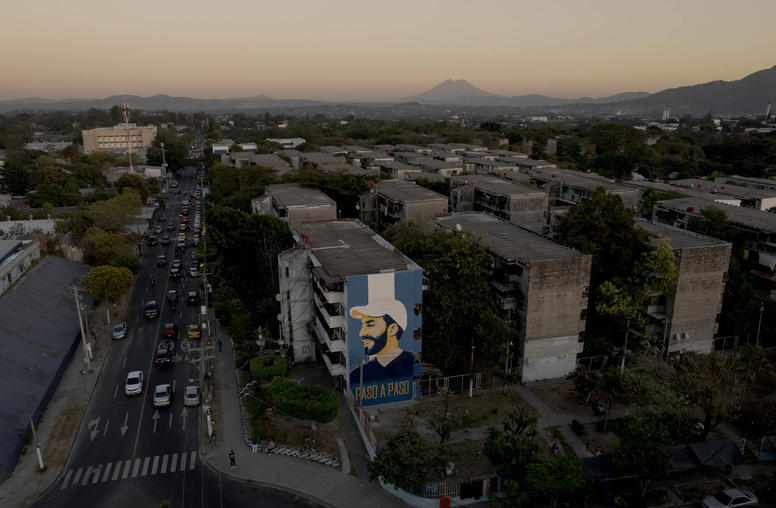
El Salvador’s Bukele: From ‘World’s Coolest Dictator’ to ‘Philosopher King’
El Salvador’s president, Nayib Bukele, celebrated a landslide electoral victory on Feb. 4, far outstripping his nearest competitor. “The opposition was pulverized,” Bukele told jubilant crowds outside the National Palace on election night. In reply to critics who warn that El Salvador is moving toward authoritarianism, he proclaimed, “we are not substituting democracy because El Salvador has never had democracy.” The leader who once called himself the “world’s coolest dictator” now boasts of being his country’s “philosopher king.”

Mary Speck on the Challenges Facing Guatemala’s New President
Despite legal challenges, Bernardo Arévalo has finally assumed Guatemala’s presidency. Attention now shifts to whether his anti-corruption platform can make a difference in a region beleaguered by instability, says USIP’s Mary Speck: “There’s a great deal of hope that Arévalo can show that democracy actually works.”
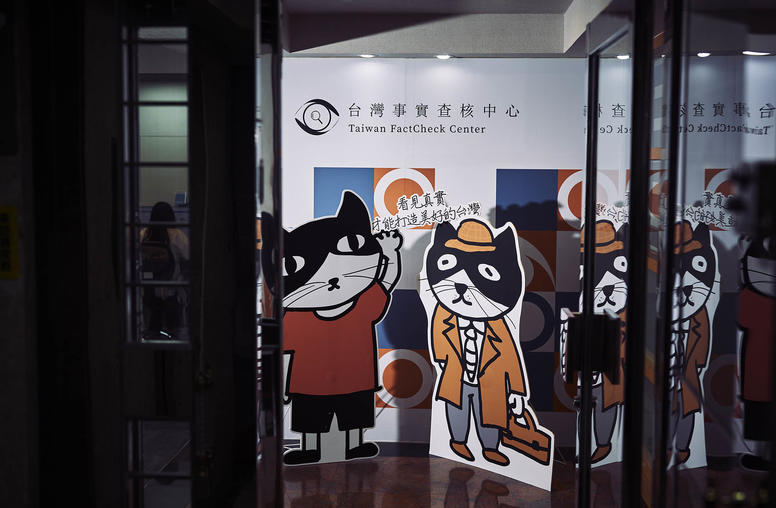
Taiwan’s Democracy Prevailed Despite China’s Election Interference
The election of Lai Ching-te, or William Lai, as Taiwan’s next president despite firm opposition from China is a positive sign that democracy is alive and well on the island nation. Nevertheless, the fact that Lai, whom China has deemed a “troublemaker” and “separatist,” won by a narrow margin, and his Democratic Progressive Party (DPP) lost its majority in the Legislative Yuan, will be seen in Beijing as an acceptable outcome, as it restricts Lai’s ability to advance his agenda and reveals the limits of the DPP’s appeal.